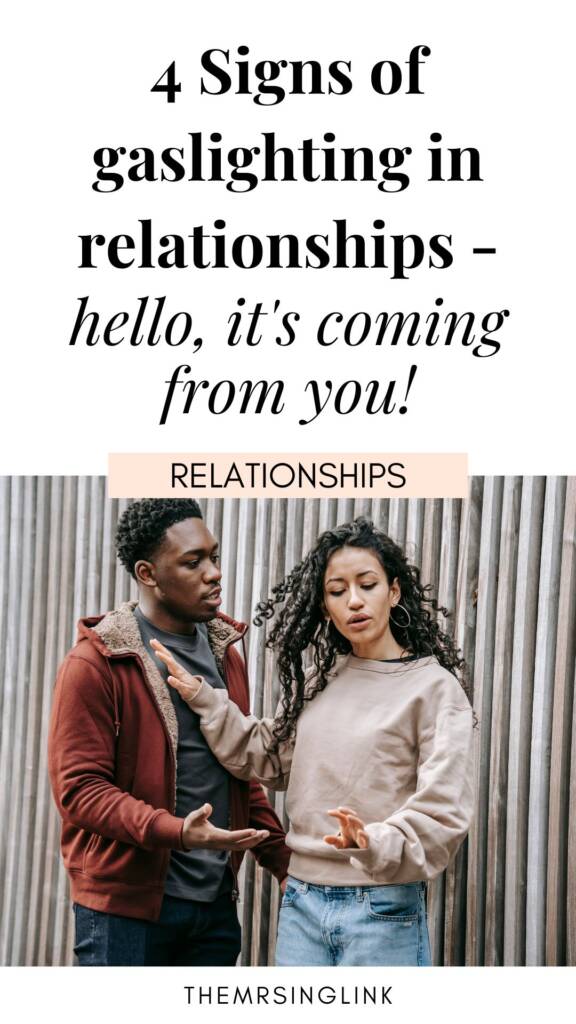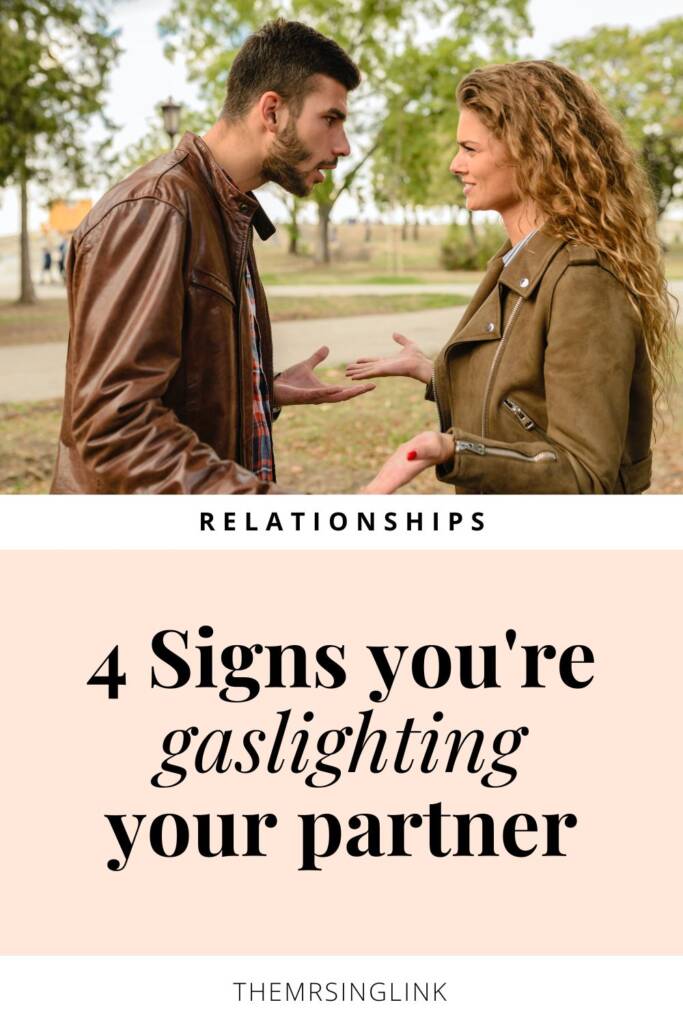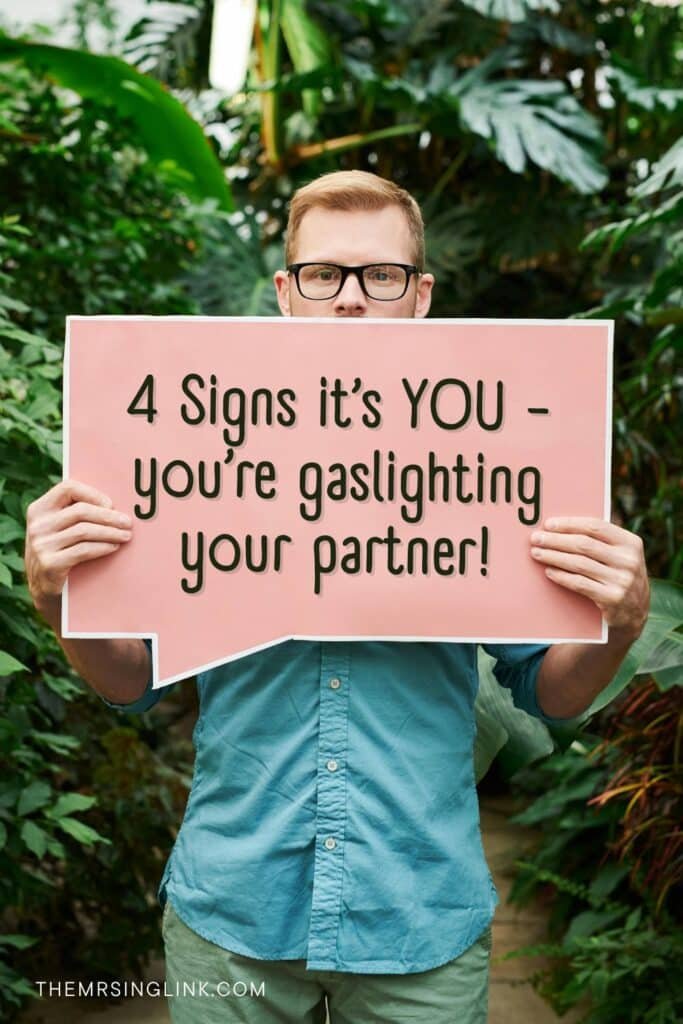Since gaslighting is a control tactic through manipulation, it’s almost a guarantee you have been gaslit at some point in your life – even thanks to politics, specialists, marketing, corporations, culture and social media. Gaslighting in relationships is no exception either. But while we’re pretty hyper-focused on the things in which happen to us, are we REALLY willing to ask ourselves, “Is it me? Am I the problem?” Are YOU the one doing the gaslighting?
Chances are….yes, and maybe without even realizing it. Are we just not willing to admit, or do we simply fail to notice we do it?
Seriously, though, who wants to be told or admit to exuding less-than-ideal or unhealthy qualities? Literally no one. In fact, most are probably going to deny it or shift the blame table. We live in a society these days where correction (someone holding you accountable) is a direct attack or insult to our “character”.
Here’s the tea: assuming self-responsibility does not mean you are the be all, end all *problem*. Yet we can barely fathom being told by our partner that we’ve hurt them, let alone that we’re in the wrong. I mean how dare they point out our personally accepted (and, frankly, celebrated) imperfections.
On top of it all, we’re so quick to gaslight the literal pain experienced in relationships. Because when that pain is being experienced and expressed by your partner, what seems to be the most common response(s)?
4 Signs of gaslighting in relationships..
I’m sure you can remember a time when a parent, teacher, friend – someone – said to you, “Oh, it wasn’t that bad. See, you’re fine. It’s not that serious. I was just kidding, you’re taking it too personal.” Even defensiveness is just another passive-aggressive form of denial and deflection. Right, because in response to your partner sharing their hurt feelings defensiveness is simply a self-focused way of avoiding, shutting down or denying your partner’s pain.
I don’t necessarily believe there is automatically ill intent behind the many waves of manipulation, hence why I said many may not even realize they’re doing it. The problem exists when we’re in full face denial of ever being capable of it. You’d be a fool to think such a thing. And as uncomfortable as it may be, that’s what I’m pointing out here.
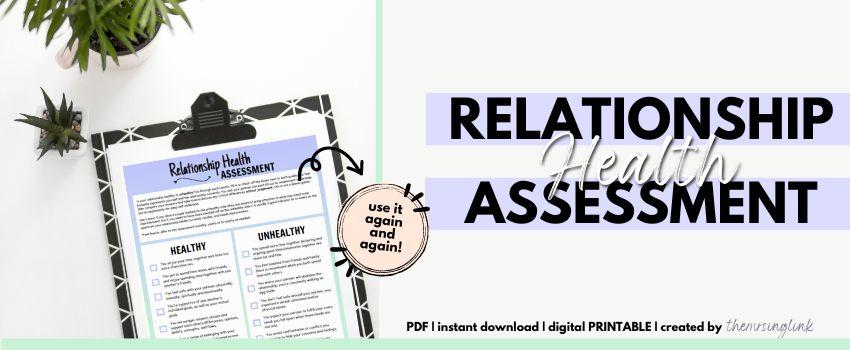
Either we’re not willing to admit we’re all guilty of manipulation [gaslighting] or that we deem the problem as being everyone else. I hear/read it EVERYDAY – those who point the finger and say you are not holier than thou, but when it comes to themselves it’s everyone around me is a *narc*.
I’m not about to throw that word around because, frankly, we are all narcissists to some degree. Since the day we were born, in fact. That’s not even up for debate when human nature is so self-focused. Hence why I believe we’re all equipped of possessing these lackluster habits – again, where ill-intent may not always be the conscious focus but it is still self-focused.
I think we’re not as willing to accept that we’re actually pretty well versed in displaying the very behaviors we’re apparently so aware of and can easily point out in others. Oope, did I just say that? Yes I did.
So the very things you think are silly, harmless, or meaningless when you do/say them but are not when coming from others (i.e., your partner) ought to be your first major clue. Otherwise, your motives and thinking could imply,
“I can do no wrong,“
“My reality is superior,“
“In order for me to feel safe, you need to feel unsafe,“
and “I don’t care how I make you feel.“
This sounds like scary, sticky territory but I promise that’s not what’s intended. If we live in a day in age where we’re all about growth, personal development, self-love and acceptance, of our faults and flaws, then we also need to acknowledge that those very things don’t just disappear or become irrelevant if we simply stop pointing them out at all.
The truth still stands that in relationships we’re all guilty of veering off the right path, and it’s typically our partner who is best at noticing before you do.
4 Signs of gaslighting in relationships – hello, it’s coming from you!
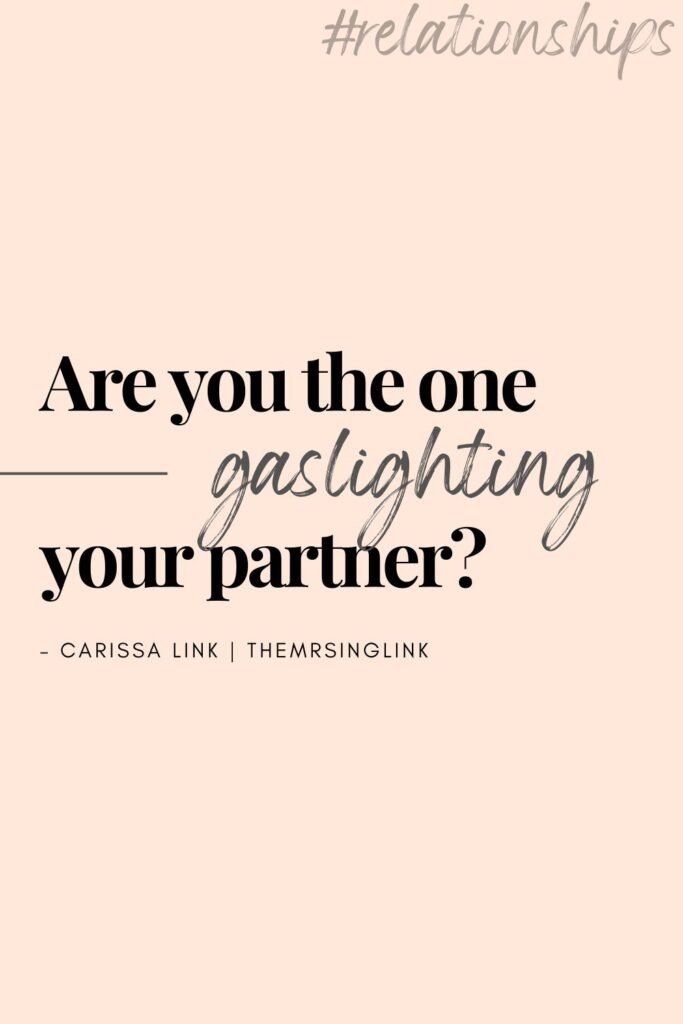
You invalidate or deny your partner’s feelings
When you ignore, dismiss, or nullify your partner’s feelings and emotions, it can have them question not only their own experience but their sanity. This can create an immense disconnect, unintentional or not, and can also be perceived as a threat (to your partner and the relationship).
The last thing you should ever want to do is leave your partner thinking, “Maybe I’m not allowed or I’m wrong to feel this way,” or “Maybe I am crazy [there’s something wrong with me].” If undermining your partner gets your rocks off…do you really even care about them and their well-being?
When addressing the extremes here: feelings are not facts (they are a response), people do overreact (to their feelings, emotions), and I also believe the responsibility of other’s feelings do not entirely fall on our shoulders. This is different from being accountable for how our behavior may affect others. We also shouldn’t constantly seek external validation (of our feelings, emotions, experience) from others nor should we constantly have to validate everything about others.
The truth is we’re rather dysregulated human beings in a dysfunctional world. So we’re prone to overreact or shut down. In turn, we’ve learned to use this level of behavior to our advantage. This can be considered gaslighting, i.e., as a way to control your partner’s mood or in an attempt to deflect accountability by denying the validity of their feelings.
If you care about how you make your partner feel, regardless of not being responsible for their feelings, then preserving intimacy in your relationship will be prioritized. Moreover, an emotional connection will supersede punishing your partner for what and how they feel, engaging in any means to escape unbothered or unscathed.
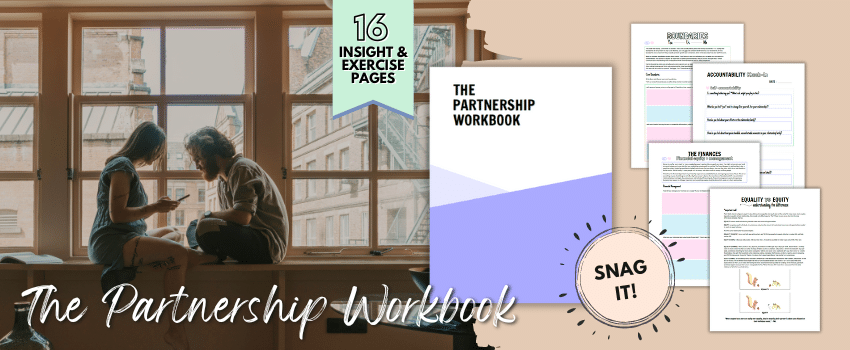
So if in times of distress or conflict you catch yourself saying to your partner,
“you’re blowing [this] out of proportion,“
“chill out – you’re being so sensitive [about this],”
“stop freaking out over [this, nothing],“
“there’s nothing to be this upset about,“
“you’re just [mad, jealous, scared],” *making the assumption of how your partner feels based on your internal, triggered response,
“there’s no reason to get [angry, upset] / you shouldn’t feel [angry, upset, hurt],” or
“I was kidding – you know I didn’t mean it [that way] – take a joke,”
– stop right there. All seemingly harmless on the outside when said in a tone of amusement, or to lighten an unpleasant mood, but think about if roles were reversed and your partner said this to you in a time of distress or when you experience *big* feelings.
Saying these things can actually be more destructive than helpful. Visualize this as severing or withdrawing the connection [trust, faithfulness, devotion, reliability, safety] between you, because that’s what this is doing. It’s like a dagger ever so slowly being wedged into the heart of emotional connection.
And, let’s be real, everyone has probably experienced a time where their partner’s *big*, “unnecessary”, and likely negative feelings or emotions about something – that maybeeeee your actions caused – were an inconvenience or annoyance to you. Maybe their feelings are completely inaccurate or overblown, to which you say, “That wasn’t my intention [to make you feel that way].“
There’s wisdom and humility in acknowledging the harm a deflective response like that can and does have on your partner and the relationship. Again, even without ill-intent, there are several variations that can be harmful. “Are you sure that’s what got you upset?“, “Why would you feel angry just because of that?” or “I don’t believe you,” has the same implication.
Your partner isn’t designed to think and feel the same as you, nor should they. If you truly value vulnerability and transparency in your relationship, then that means holding space for them to have, share and experience their own feelings apart from your own, whether they make sense, are agreeable to you or not. Not only that but it unequivocally means something to you – your partner’s feelings are elevated over your ego.
You minimize your partner’s world lens
Much like invalidation, there are also ways you may be shutting down your partner’s perspective or experience in life and the world around them through their lens. How your partner sees, views, perceives the world, a particular situation, or an event may be entirely different from the way you do. For example, you’re both looking at the same flower and your partner says it’s red when, to you, it’s clearly orange. Someone has colorblindness, LOL, but who?
In all seriousness, though, why is disrespect even on the goal list? Is it really about the color of the flower, or is it about being right? While I fully believe in Truth, at what point does disrespect, exclusion, inferiority or insignificance become the expense? What are we doing when we’re refusing to allow space for your partner to simply have their own personal experience or perspective, wrong or not?
We have to be careful if we’re so easily willing to compromise intimacy [connection] in order to be right. You can only lead a horse to water, but you can’t force them to drink it. Yet everyone desires to feel connected and important – it’s no different with our significant other. There’s a clear difference between supporting and agreeing with their view of the world, and outright denying your partner’s lens (including how they see you), which can be detrimental to that sense of closeness and even trust.
[pt_view id=”cb66511r8f”]
Granted, you and your partner aren’t always going to align on everything. So you may say certain things (i.e., in regards to suspicion, distrust, or conflict) when the fact is your feelings, views, and beliefs are not in alignment. This is why it’s important to avoid drawing conclusions or making assumptions by willfully turning and working against your partner.
“Well, that’s not what I [said, meant, heard],“
“You thought wrong,“
“That’s not what you [heard, saw, said],“
“That’s on you to feel that way.“
Even in a circumstance where your partner is way off base, or wrong entirely, being right shouldn’t be the focus. Justice should not be the be-all end-all goal, as difficult or impossible to accept as that may be. You are no better by trying to alter, correct or suppress your partner in order to force them to abide by the worldview through your lens.
You exploit or flaunt their inadequacy
It’s no lie, there are bound to be things you dislike about your partner. You’ll have your way of doing things while your partner has their way; you’ll also be better at something while your partner will be better at other things. That said, there are going to be things your partner fails at – they’re going to fail you and fall short in the relationship. Let’s not act like this is an anomaly.
Then why does it seem necessary – almost the norm – to make our partner feel like they’re not enough or not good enough? For example, you may backdoor exploit your partner’s inadequacies because somehow you think they’ll try harder or do better if you show him how bothered you are.
The way you handle inevitable disappointment or unmet expectations will speak volumes, literally. So when you say things like,
“Why can’t you fold laundry properly? You know I tri-fold towels. It’s not that difficult. After [X] years together, are you still that incompetent? Your mom never taught you anything because she did everything for you – still does.”
While that one is very extreme, I’m pretty sure it’s overall fairly common dialogue. Even I’ve been super guilty of instilling *my* way of doing something as The Right Way. And when my way is not valued or followed, I see that as failure, disrespect or even incompetence.
My husband knows I have certain things I like done a *certain* way. We all have this. But I have been doing my best not to transpire into mean-wife-mode over things that shouldn’t have an effect on my husband’s sense of adequacy. He folds the laundry without my asking or instead of leaving them piled up in the corner – that’s worth appreciating in and of itself despite the way they’re folded.
They are *just* towels, after all. After 8 years of marriage, I’ve only learned that if you’re quarreling over things so meaningless (like towels), there are much bigger concerns storing up that are yet to surface. I’m at the point where I’d much rather preserve intimacy than to pick bones and threaten one another on such a level as a means to get my way and to prove an insignificant point.
While it may never be your intention to make your partner feel inadequate, or incapable, sometimes there’s the tendency of letting emotions run amuck in order to spell urgency. It’s determining whether change is necessary to your well-being, and that of the relationship’s, and acknowledging if your emotions are being projected toward your partner unfairly and unnecessarily in a way that says,
“Who you are [as is] is not good enough.”
That is considered gaslighting. In a relationship, you don’t need to spell that one out if the bar is continually raised beyond his reach.
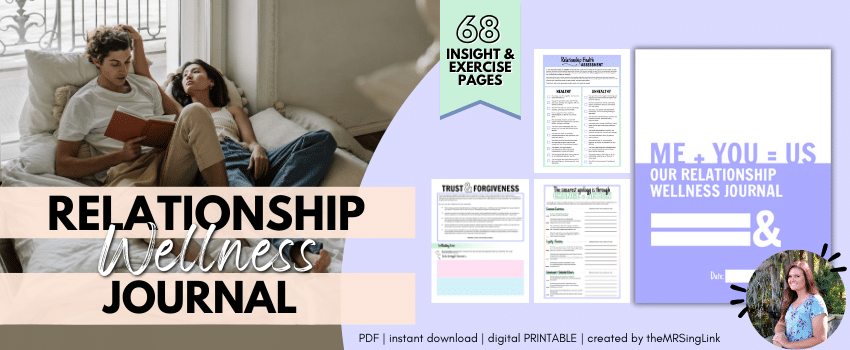
You deviate from self-accountability
The one sign most often overlooked, IMO. And many of us are NOT going to take kindly to what I’m about to unpack here.
I think it’s important to remember that gaslighting in relationships is not just what we say but can also show up by our actions and even in patterns of behavior. A lack of accepting accountability being one of them. Refusing self-accountability basically says, “If I don’t accept that I’ve done wrong then I’ve done no wrong, the problem doesn’t exist or it falls on them – period.“
Like I’ve mentioned before, nobody likes being called out for their mistakes, inadequacies or shenanigans. Literally no one. But nothing changes the fact we’re flawed, imperfect and don’t always make the best decisions. We hurt people, and we even hurt people we Love.
Does that mean we are to shatter like glass at the slightest tap of correction or discipline? No, because we will never actually grow, understand the value of lessons or learn from anything if we’re only accepting of correction from ourselves. Because how easily, often and aware are to acknowledge we are wrong in order to learn from it?
Then the question remains why we often harden with resistance at the correction of others. How then can we claim we have learned from our mistakes, or that our life experiences shape us?
The point is, when you can acknowledge that you aren’t perfect, have made mistakes or poor choices, and aren’t exempt from being capable of hurting others, you’re also acknowledging a need for self-accountability. Again, because the opposite would be, “I can do no wrong,” which implies there’s no need for accountability and that you are, in fact, *perfect*.
Let’s remember, it’s actually easy to acknowledge our imperfection without actually taking accountability. And we often do this through blanket statements like, “I’m only human.”
I’m just saying….how often are we confronted by our partner for repeat offenses we claim have been resolved? Trying to absolve an issue by denouncing accountability is gaslighting the problem and the need for true restoration.
